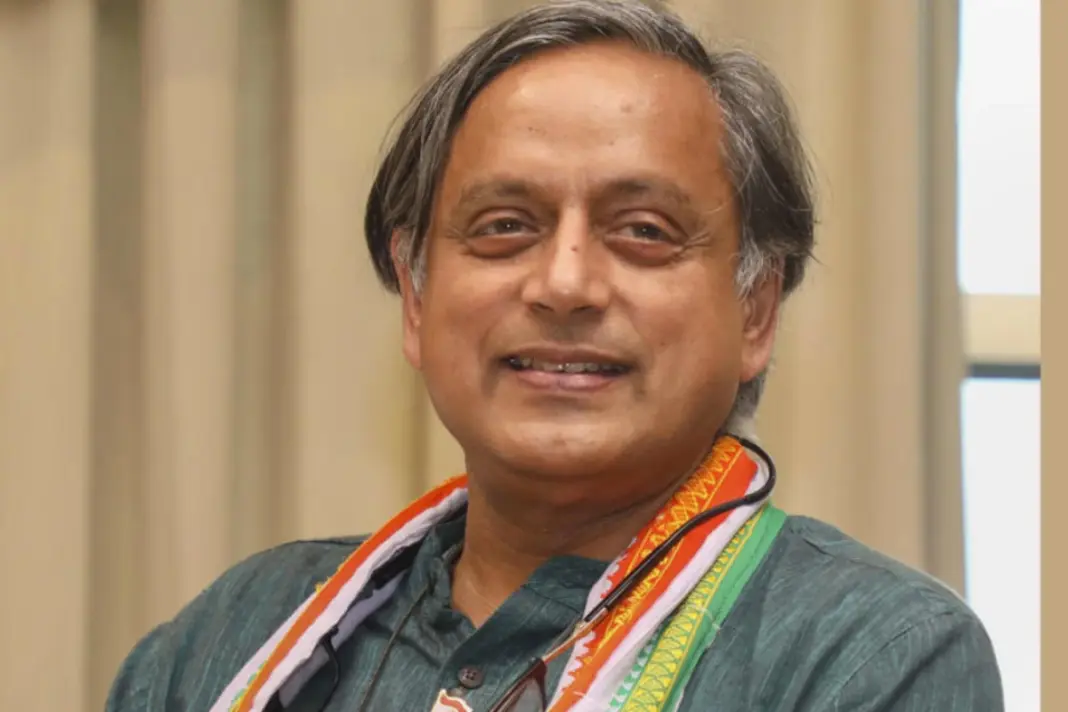Senior Congress MP Shashi Tharoor has stoked another debate on India’s political culture with his recent statement urging leaders to “fight hard, but cooperate harder”. Referring to an unexpected event in the US — a cordial exchange between progressive New York politician Zohran Mamdani and former president Donald Trump – Tharoor has encouraged Indian politicians to imagine they can act in accord with democracy beyond election time.
A Lesson from the U.S.: A Disagreement Becomes Cooperation
In a clip that recently went viral, Mamdani, who is known for his left-wing activism, met Trump at the White House, and the two exchanged entirely civil pleasantries. This was Tharoor’s example of politicians who are ideological opposites treating each other with respect once the political battle has concluded.
DON'T MISS
Shashi Tharoor called it “how democracy should work” and remarked that just because a policy is not agreeable, it does not mean that there cannot be an exchange of ideas. For Tharoor, the event communicates a mature political culture where argument ceases as soon as the election is over, and governance takes precedence.
Fight Hard, Then Work Together
Shashi Tharoor has highlighted a key tension in Indian politics: cross-party cooperation is rarely viewed positively; more often than not, it is seen as betrayal. Leaders involved in this sentiment must distinguish between their campaign rhetoric and their duty to govern. “Again,” he said, “Fight hard in your corner, but after the elections, learn how to engage for the greater interest of the Republic.”
This sentiment comes when hyper-polarisation dominates the Indian political landscape, as parties turn every opposition into persistent animosity.
Why Tharoor’s Comment Matters Now
1. Breaking the Elected Political Hostility Loop
Tharoor argued that the persistence of political hostility erodes democratic institutions. Although dialogue may seem like an indication of weakness, it is vital for these institutions to remain functional and to continue moving governments away from corrosive polarisation.
2. Governance Requires Public Dialogue
Progress in policy development requires many parties coming to a consensus. Tharoor indicated that India cannot afford positions of impasse that arise from political animosity: a statement worth repeating.
3. India Must Not Import Division From Abroad
Using an example from the United States, he further reminded, if India is to be successful, it must exercise restraint and not resort to extreme polarisation, as many Americans seem to be resigned to political division. Instead, he suggested, India could learn to admire the democracy and economy, as well as those who cooperate despite sharp differences.



